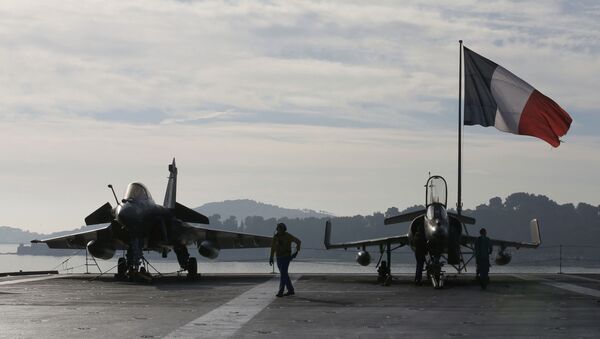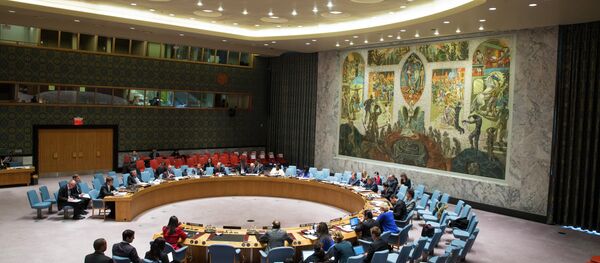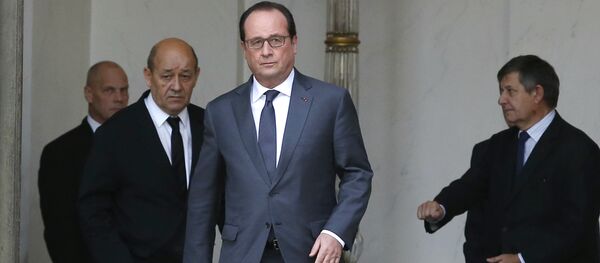The principle of collective defense enshrined in Article 5 states that an attack on one ally shall be considered an attack on all 28 member nations.
The author quoted NATO historian Stanley Sloan who said France would not be that enthusiastic about a US-led military operation.
"NATO is and has always been American. French President Francois Hollande would like US and allied support and cooperation but also would like to be seen as taking strong national action," the article quoted Sloan.
The suggestion that NATO should invoke Article 5 after the Paris attacks is curious in several respects, the author wrote.
"Although NATO countries did invoke Article 5 after 9/11, they did not do so after the 7/7 attacks in London or the attacks in Madrid in March 2004, nor, for that matter, after numerous IRA bombings in the UK in the 1970s," he underscored.
Others have suggested that the attacks require a response, and that the North Atlantic Treaty empowers the US President to "circumvent Congress" and avoid long public debates on use of military force.
Even if the US planned to use military force against ISIL terrorists following the Paris terrorist attacks the decision should be made via the country’s legal procedures and examined by Congress, he wrote.
"Perhaps the terrible events in Paris will prompt Congress to finally do its job?" he concluded.




